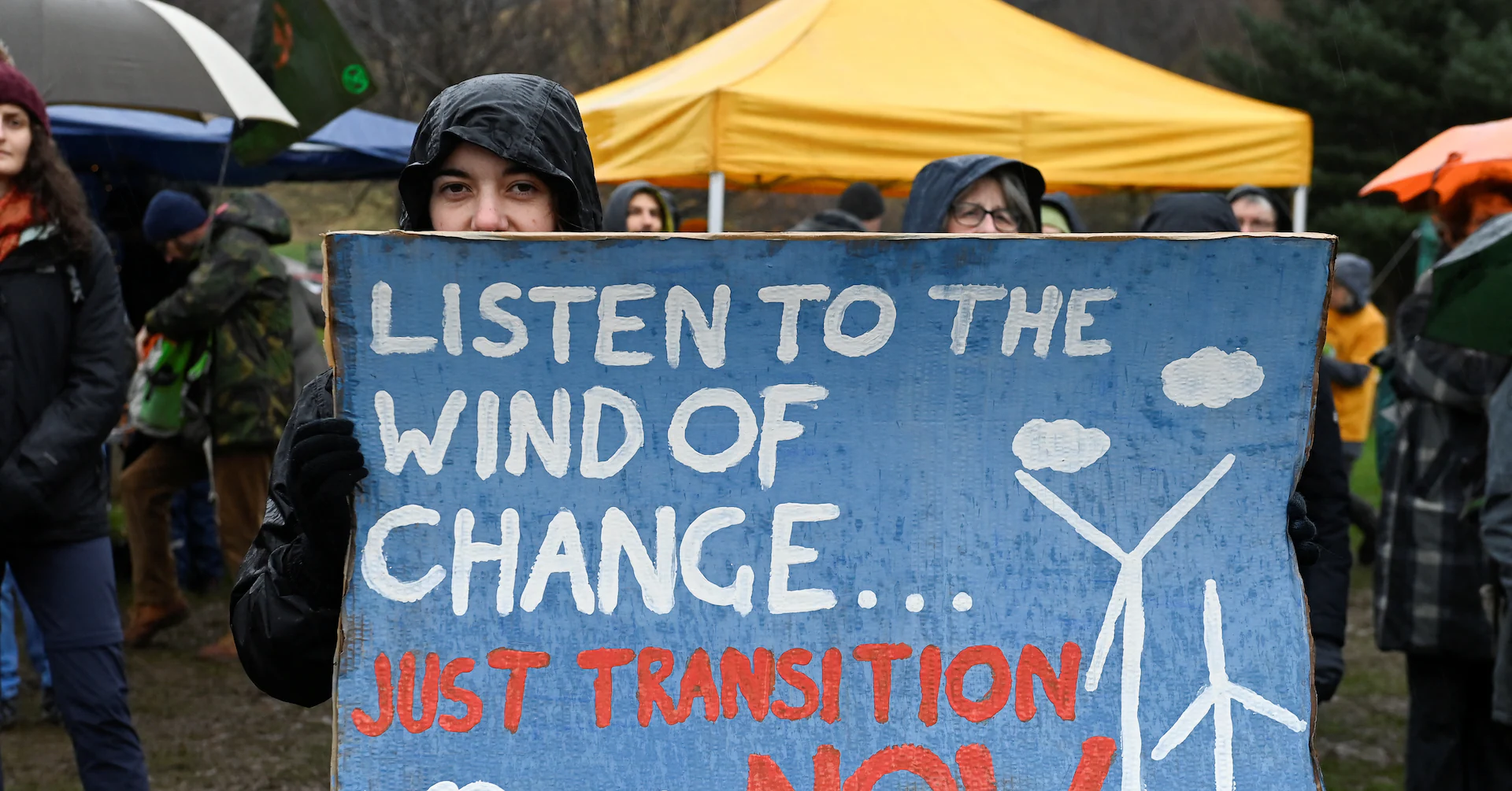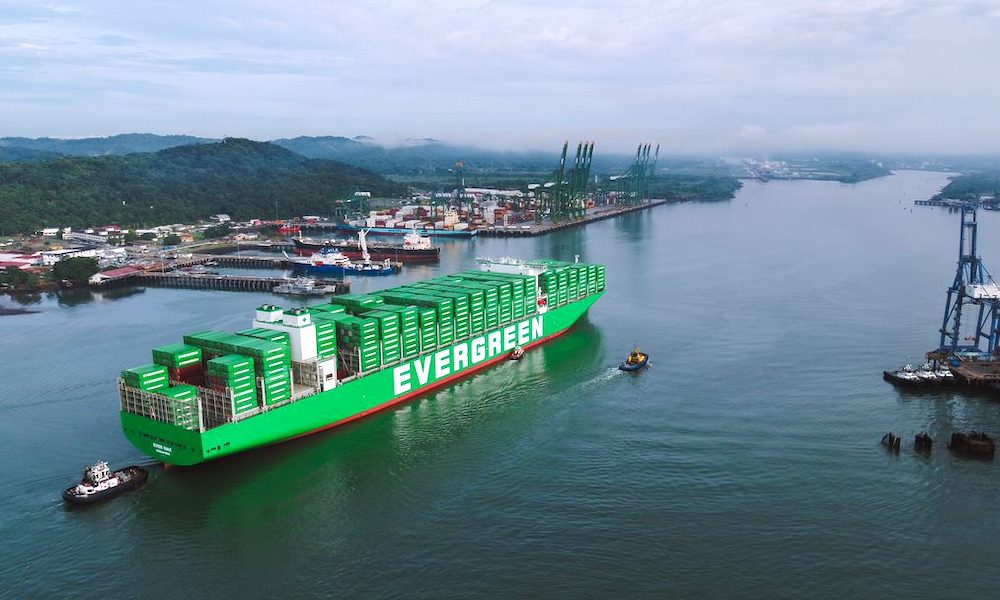Copyright Reuters

Nov 5 (Reuters) - (The opinions expressed here are those of the author, a correspondent for Reuters. This column is part of the weekly Reuters Sustainable Finance Newsletter, which you can sign up for here https://www.reuters.com/newsletters/reuters-sustainable-finance/.) With revenue of $55 million and the backing of the United Nations, the Principles for Responsible Investment group has become a key organizer helping big investment firms make use of environmental, social and governance investment tools and report on their progress. Sign up here. Allen-Ratzlaff and David Atkin, PRI's current CEO who will step down next month, spoke with me on Monday via videoconference from Brazil where they were preparing for the start of the U.N.'s COP 30 climate conference. Here is a transcript of our conversation, edited for length and clarity. Question: At the PRI's recent annual meeting Chair Conor Kehoe aired views that were almost sackcloth and ashes. He talked about how "we may need to spend some time understanding the average citizen." It almost seems like he's saying PRI missed the boat and didn't see the backlash coming? Atkin: I think it's nuanced here, but I think the way in which (PRI) responds to its signatories is a continuing process. Q: Maybe you could expand on that? Because the message I took from Kehoe was very much a mea culpa message that PRI has not done a good job of communicating the importance of the goals you have for funds and companies? Allen-Ratzlaff: I don't quite take it that way. I mean, for us, the important piece is that as PRI, we're here to support our signatories. Question: Am I right there's sort of a basic breakdown between U.S. signatories who are looking to keep their heads down amid the Trump administration, the ESG backlash, and European signatories who see only more and more importance for addressing climate change? Allen-Ratzlaff: The function for our signatories remains. Their job is to deliver returns, often over time, for their beneficiaries and for their clients. And that doesn't change depending on the geopolitical context that they're operating in. Q: PRI is one of the conveners of NZAM, and you saw last week where State Street withdrew its U.S. assets from that body. Isn't that an example of an effort that went too far? Allen-Ratzlaff: NZAM is also evolving and going into the next chapter. So, of course, we welcome State Street's European entities in remaining committed signatories to NZAM. And we think that that's a really strong signal. Atkin: The other point here is we're seeing the overall appetite of our signatories, including in the U.S., to be involved in these initiatives has not diminished. Q: The lawsuit in Texas raises the idea that these initiatives like NZAM go too far in violating U.S. antitrust law. Have you taken account of that criticism? Atkin: The answer to that is yes. It's true that in the NZAM review process we got a lot of really strong feedback from a range of participants. The new statement reflects their views; it retains the sort of essential focus, but it also addresses some of the concerns that, where we could, be clearer or more succinct. Q: You're speaking from Brazil, tell me about this COP and what hopes and expectations you have for it? Atkin: This COP is a very important one because you're having all the nationally determined contributions resubmitted. In that process, it's important that the institutional investors' voice is heard by governments. Q: I hear this from every COP, every COP has vows for Western economies to put more money into developing economies for sustainable energy and other things. Tell me, it sounds like you've switched tracks a little bit to try to have the private sector more organized. Atkin: We are engaging governments more effectively. We've been running roundtable conversations coming into COP30 with institutional investors to identify what are the hurdles that are preventing them from investing more in emerging and developing economies. Allen-Ratzlaff: To be clear, that's also an expectation that has come through very clearly from our signatories in the consultation that we've done with them. And that's why emerging markets is one of the areas of focus for us going forward. Reporting by Ross Kerber; Editing by David Gregorio Our Standards: The Thomson Reuters Trust Principles., opens new tab Opinions expressed are those of the author. They do not reflect the views of Reuters News, which, under the Trust Principles, is committed to integrity, independence, and freedom from bias. Ross Kerber is U.S. Sustainable Business Correspondent for Reuters News, a beat he created to cover investors’ growing concern for environmental, social and governance (ESG) issues, and the response from executives and policymakers. Ross joined Reuters in 2009 after a decade at The Boston Globe and has written on topics including proxy voting by the largest asset managers, the corporate response to social movements like Black Lives Matter, and the backlash to ESG efforts by conservatives. He writes the weekly Reuters Sustainable Finance Newsletter.



